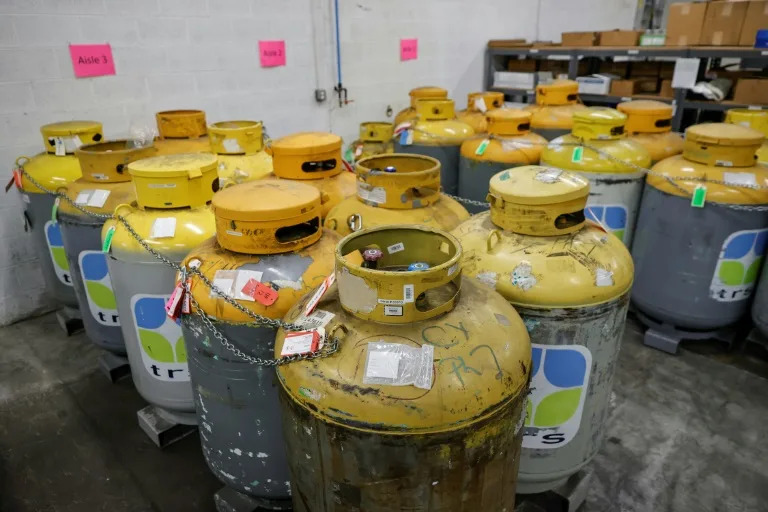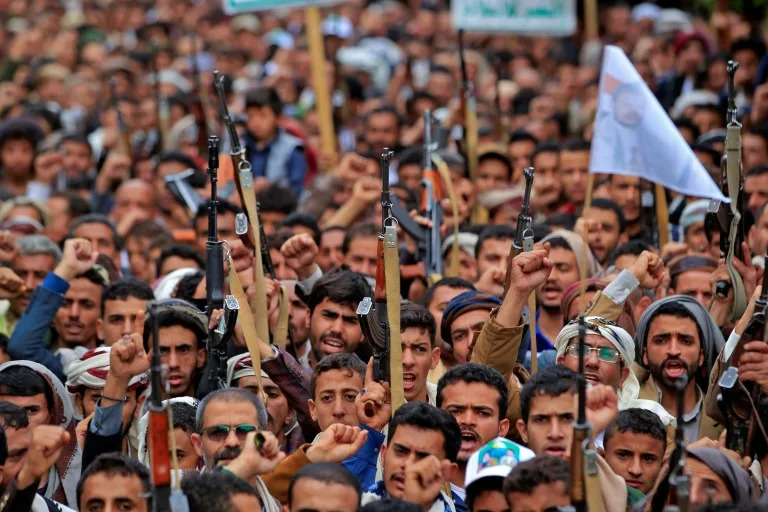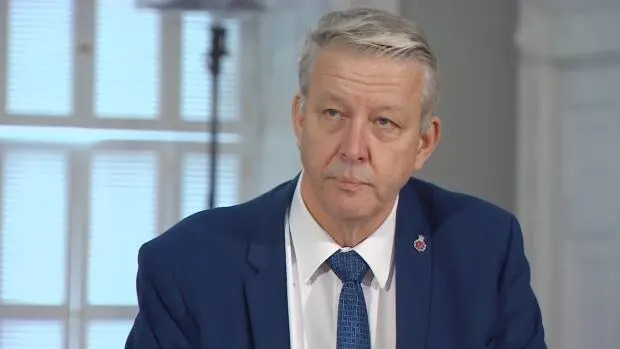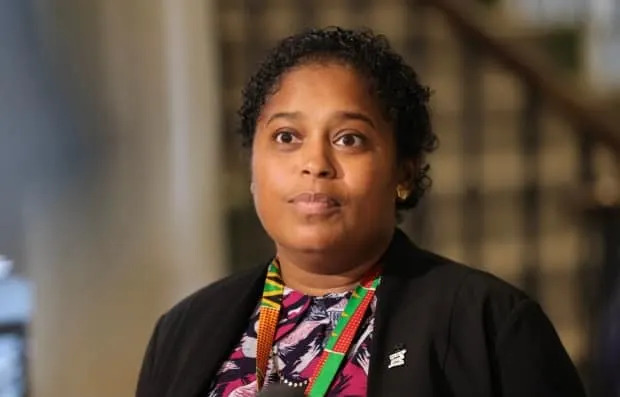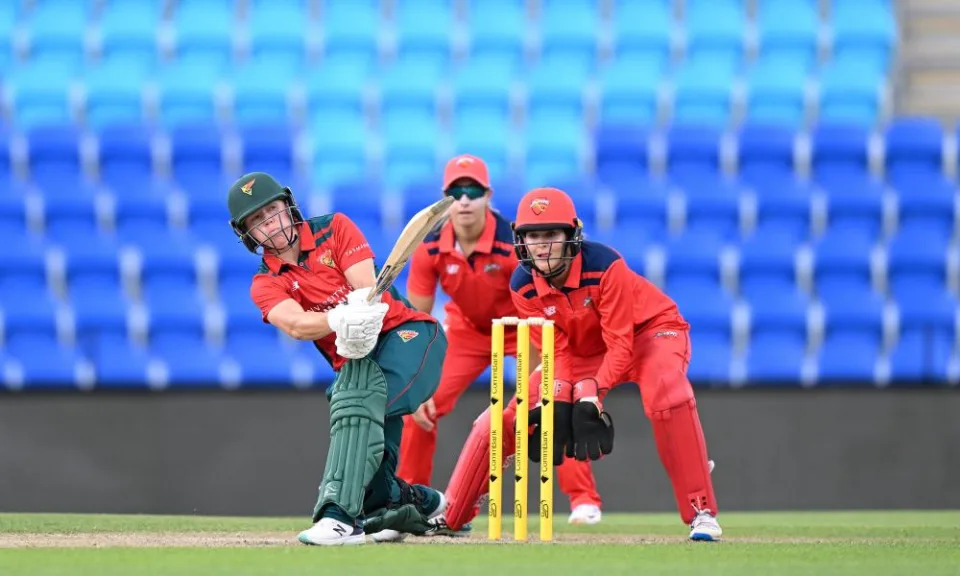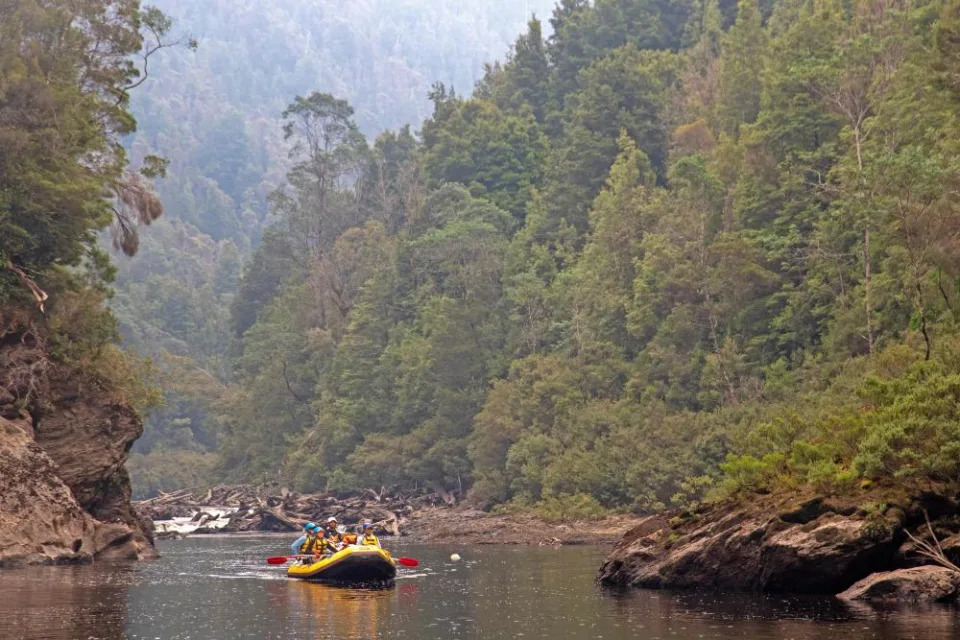Kurdish Oil Crisis: Tangled Ties And High Stakes In The Middle East
Guney Yildiz
Contributor
Apr 4, 2023,01:45am EDT
An international arbitration ruling last week disrupted the Middle East. The long-anticipated decision halted the Kurdistan Regional Government's (KRG) oil exports through Turkey on March 25, pushing oil prices towards $80 a barrel. The International Chamber of Commerce's International Court of Arbitration also ordered Turkey to pay around $1.5bn to Iraq. Compliant with the ruling, Turkey now refuses crude loading from Iraqi Kurdistan without Iraq's federal government's consent.
Deadlocked talks between the KRG and the central Iraqi government preceded the ruling. Baghdad pushed for control via the State Oil Marketing Organization (SOMO), while Erbil resisted. In the aftermath of the ruling, Kurdish officials said a preliminary deal has been reached with Baghdad, which will approach Turkey to resume oil imports from the KRG. However, no such request by the Iraqi government has materialized yet, and the terms of a potential agreement remain uncertain.
The Impact of the Arbitration Ruling on Exports and Autonomy
Baghdad seeks to create a new export mechanism under the Iraqi Oil Ministry and State Oil Marketing Organization (SOMO). The arbitration court's decision signals the end of the KRG's independent oil exports and curtails its autonomy. Resuming oil exports will likely occur under Baghdad's watch, potentially fueling further political tensions. Owing to legal ambiguities that hampered securing new investors and export channels, the KRG has been exporting oil at a significant political discount, more than $10 below Brent. Under the new mechanism, that discount may cease, decreasing the profits made by Turkish companies and other end users.
KRG sources have taken to social media and spoken with Kurdish media, indicating that oil may resume flowing today, adding that the details of the agreement are expected to be announced later this week.
Kurdish oil matters. The ruling sparked multi-level negotiations involving key players such as the dominant factions of the KRG, Baghdad, Ankara, Tehran, the US, Russia, and potentially China, which recently brokered a deal between Iran and Saudi Arabia to secure stability in the Belt and Road Initiative's "middle corridor." In 2015, the Kurdish oil it accounted for 77% of Israel's oil imports. The U.S. has already urged Iraq and Turkey to resume oil flow from Iraqi Kurdistan, with state department officials publicly emphasizing that disruptions to the global energy supply serve no one's interest.
However, the absence of a national Iraqi hydrocarbon law fosters political chaos. Different interpretations of the constitution create roadblocks rather than progress. Transparency is lacking, with undisclosed details about the International Court of Arbitration's ruling. The future of Iraqi Kurdish exports is uncertain as Turkey, Iraq's federal government, and the KRG seek a mutual agreement.
In 2014, the KRG began exporting crude oil independently from Iraq's federal government. Erbil’s independence ambitions were also at its peak during this time when the rise of Islamic State paralyzed the Iraqi government. The federal government responded by launching a case with the ICC. Tensions between the federal government and the KRG escalated in 2022 as Federal Supreme Court in Baghdad sought to stop the KRG's exports and deligitimized the KRG dealings. Prior to the halt in exports, the autonomous region was exporting roughly 450,000 barrels per day of crude, which has been an economic lifeline for Iraq's Kurdistan region.
Nine years after the case began, the ICC ruled in Iraq's favor, ordering Turkey to pay damages for violating the 1973 pipeline transit agreement. No clear winners emerged from this decision. While Turkey and the KRG lost, the penalty was less than what Iraqi officials demanded, making it an incomplete victory for Baghdad. Of all parties, the KRG faces the greatest consequences.
Complex Negotiations Among Regional Powers
Baghdad employed domestic and international mechanisms to target the KRG's oil exports and independence aspirations. Internally, the Iraqi government halted funding to the regional government, and the Federal Supreme Court ruled against the KRG dealings. They initiated the arbitration case and rallied regional support from Turkey and Iran against the Kurds. In moments of crisis, Turkey and Iran backed efforts, such as to dismantle Kurdish rule in Kirkuk in 2017. In later years, Iran began to, directly and indirectly through its proxies, employ hardball tactics, such as shelling to curb the KRG's burgeoning oil relationship with Turkey. The stakes are high.
Negotiations are complex. Between Turkey and the Iraqi government, Ankara wields the water card through the rivers that originate in Turkey against Baghdad which faces serious water scarcity, while Baghdad controls the oil card against Turkey.Moreover, Ankara also seeks Baghdad to actively fight against the Kurdistan Workers' Party (PKK), a militant group that combats Turkish army since 1984. However, a recent meeting between the Iraqi premier and Turkish officials may not have produced the desired results.
The Role of Nechirvan Barzani and the KRG’s Path Forward
Unity is key. The KRG can resolve this crisis by speeding up multiple processes: increasing its role in Baghdad, focusing on unity talks among Kurdish factions, and promoting transparency and accountability in oil and gas exports. KRG President Nechirvan Barzani, adept at maintaining connections with all parties, both internal and external, is the ideal leader for this endeavor.
Diversification is necessary. Income should be directed towards diversifying the KRG economy, creating alternatives to oil, increasing production levels, and reducing imports. The goal is to create jobs and foster economic stability.
Oil money isn't enough. The ICC ruling demonstrates that neither the KRG n
Global consequences loom. With the world market losing 450,000 barrels per day, oil prices rise, and Russia and Iran gain energy-borne leverage. The KRG and its partners must act urgently to find a solution, as failure to do so could have dire consequences for the region and the global economy.
The people pay the price. Amidst the political and economic turmoil, the most significant losers are the people of Kurdistan, caught in the middle of the crisis. As negotiations continue, it is crucial to use the dispute as a prompt towards a resolution that benefits all parties involved.
As a London-based research analyst and journalist, I focus on Turkey, the Middle East, and their relationships with Europe, the U.S., and Russia. I frequently visit the region and have a wealth of experience in the field, having previously advised the UK Parliament's Foreign Affairs Select Committee as a Specialist Adviser. I am currently pursuing a PhD at the University of Cambridge and have a background in journalism, having worked for over a decade at the BBC News. Additionally, I worked at notable think tanks such as the SWP-Berlin, ECFR, and MEI.







